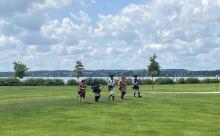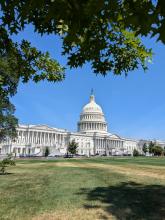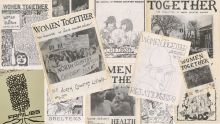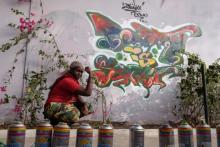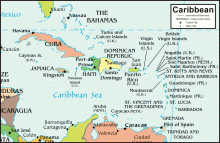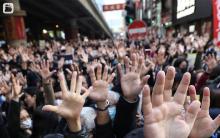American Presidential Reconstruction
During the start of the American Civil War, in 1861, the Sea Islands off the coast of Port Royal in South Carolina were soon re-taken by the Union Army. The islands contained large plantations growing corn and cotton, sprawled with fine mansions with colorful and exotic flowers. As the plantation owners saw the Union Navy arrive on their shores, they evacuated. During this haste evacuation, the owners of the fields and enslaved African Americans left behind everything they owned. This event created a truly unique moment for the United States Government.
